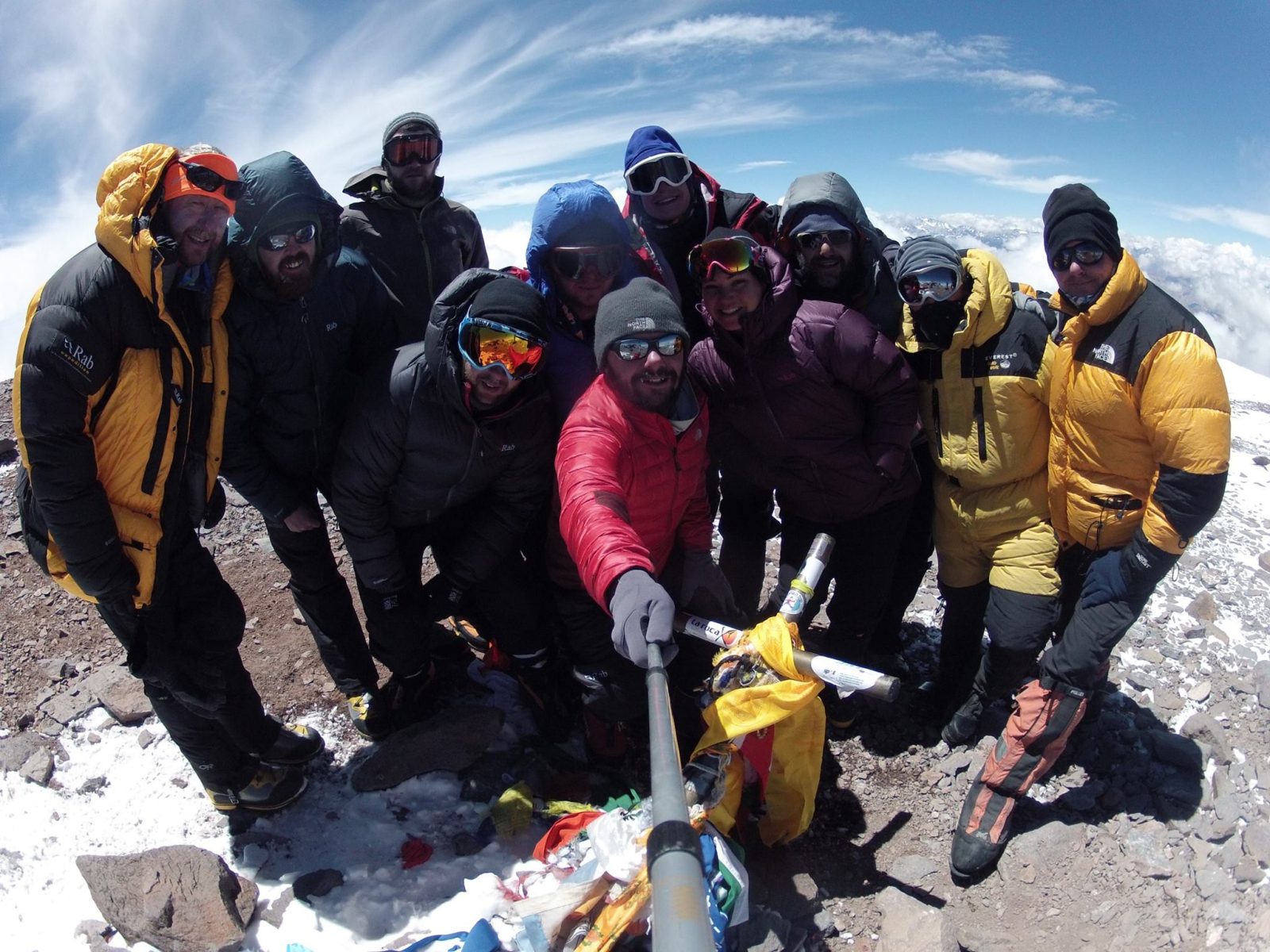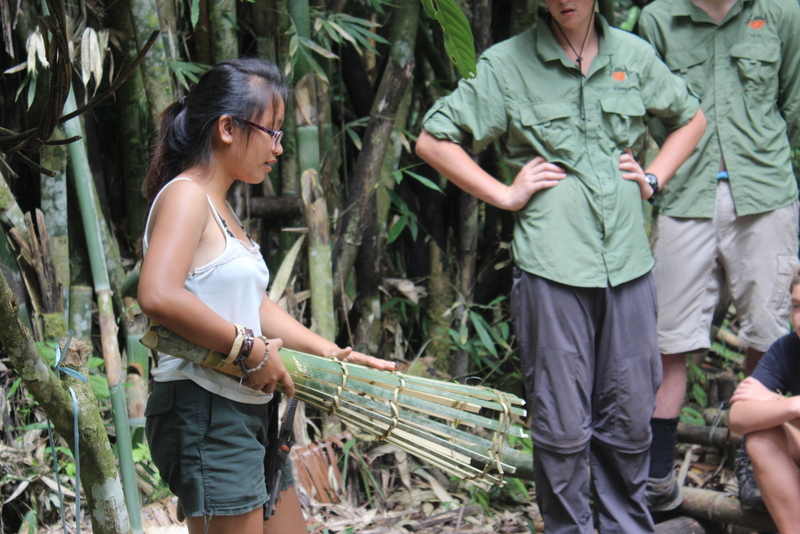Travel Facts Kenya
KENYA TRAVEL FACTS
DO I NEED A VISA?
Yes, you need to apply online before arriving. Please read the tab on Practical information.
WHEN IS THE BEST TIME OF THE YEAR TO VISIT KENYA?
Kenya can be visited all year round, although there are preferable times depending on your interests as the weather changes from region to region. Generally speaking January and February are relatively hot months, and the ideal time to explore Kenya’s coastline. March through to May are the long rains and the ideal time to avoid the crowds. June to October is the dry season and arguably the best time to visit Kenya particularly if you hope to see the wildebeest migration in the Masai Mara. Trekking on Mt Kenya can be done all year round, however is you are planning a climb during the long rains of March to May then expect muddy paths. November and December generally provide conditions suitable for all activities.
WHAT’S THE CURRENCY OF KENYA?
The currency is the Kenya Shilling or in short KES. Kenyan notes are available in 50, 100, 200, 500 and 1000 denominations. US Dollars are widely accepted in hotels and National Parks/Game Reserves, but you can change most currencies in most towns and cities.
WHAT IS THE TIME DIFFERENCE AND PHONE CODE FOR KENYA?
Kenyan time is GMT/UTC plus 3 hours and the international code for dialing to Kenya is +254.
WILL THERE BE ANY PROBLEMS WITH COMMUNICATION IN KENYA?
English is the official language in Kenya so there should be no communication problems across Kenya though it would be useful to have a basic knowledge of Kenya’s national language, Kiswahili.
ARE THERE ATM FACILITIES IN KENYA?
Yes, ATM facilities that accept international bank cards are available in most towns and cities across Kenya. If you are unsure consult with your bank to check whether your card will work. International credit and debit cards (Master Card, Visa Card, etc) are also accepted in all leading hotels, shopping centers, bars and restaurants.
WILL I NEED TO BRING A TRAVEL ADAPTER?
Kenya uses the same three point square plug as the UK. The local electricity supply is 220/240 volts AC, 50HZ.
ARE PRICES SET IN KENYA, OR CAN WE EXPECT TO HAGGLE?
Shopping in Kenya is an experience, and haggling is part of Kenyan culture. Decide what you want to pay before you start and it becomes quite a challenge to get the best price; but enjoy, it is part of the experience!
CONTACT HOME
For making calls back home, international rates are expensive, be sure to check with your mobile network prior to visiting Kenya. Alternatively, you can buy a local sim card in Kenya and top up manually (top up vouchers for all the main Kenyan networks are widely available across Kenya). If you plan on getting a local sim card then ensure your phone is unlocked to all networks.
Using WhatsApp is cheapest and easiest.
VACCINATIONS
We advise that you schedule an appointment with your doctor, or a travel clinic prior to coming to Kenya to discuss any vaccinations but you do not need any certificates to enter the country. You only need yellow fever if you are coming from a country where yellow fever is endemic.
Malaria is the main concern for people travelling to Kenya. Although we cannot replace a visit with your doctor, we do have some valuable information on malaria. Please do visit with your doctor to decide what prevention method would be best for you.
Do plan on bringing any prescriptions you may require during your stay. Medication is available in larger cities and towns in Kenya, however we suggest you bring some basics from home.
WHAT IS THE QUALITY OF MEDICAL FACILITIES IN KENYA?
Medical facilities vary widely in Kenya. There are good hospitals in all larger towns and cities. To avoid common problems like upset stomachs, fevers, etc we recommend washing your hands before meals, protect exposed skin from bug bites (particularly in the evenings), avoid petting dogs, sleep under mosquito nets, keep as clean as is possible and avoid eating in dirty cafes and restaurants.
Although we do not anticipate any problems during your time in Kenya, accidents can happen. We require that you carry traveller’s insurance. Please be sure that you are covered for the activity you will be doing. For more information see our Travel Insurance page.
WHAT CAN I EXPECT FROM TOILET FACILITIES?
Toilet facilities vary vastly depending on your location in Kenya. Hotels will have normal toilet facilities, however, in more rural areas the toilet facilities may or may not be plumbed. Expect toilets on treks and climbs to be in wooden huts with a long drop and a slat in the floor to do your business. Often these facilities smell badly and are dirty, so be prepared. It is always advisable to carry your own toilet paper and hand sanitizer. At night, be sure to bring a light.
WHAT IS THE WATER QUALITY IN KENYA?
The tap water in Kenya is unfit for human consumption. We advise that you properly sterilize water prior to drinking. There are several methods you can employ. You can bring your own wild camping (backcountry) filter, use a SteriPen, or use iodine tablets. A SteriPen uses a UV light to kill any viruses or bacteria that live in the water. It is only good for water that isn’t dirty or cloudy. A backcountry filter will treat any type of water, but be sure to bring a way to backwash or clean the filter should you be in country for a long time. Iodine and chlorine tablets are also a suitable method; however, it should be noted that they will affect the taste of the water. We advise that you always bring two methods of purifying water, so you have a backup should one method fail.
Here at Adventure Alternative we do not condone the use of disposable plastic bottles. Using these bottles puts a huge strain on the environment. Kenya does not have the necessary infrastructure to dispose of these bottles. Therefore, they end up as litter or worse, are burned. If you are on an organised trip then we generally provide bottled water from larger re-usable bottles so ensure you have your own water-bottle with you.
SAFETY AROUND TOWN
Avoid opportunistic theft by keeping valuables, cameras etc very safe and out of sight in the vehicle.
Wear a money bag and have some loose change handy for small purchases.
Always carry the office number with you, and the mobile number of at least one member of our staff
Scams are common in Nairobi city, so be careful of people who approach you with deals or proposals, and best stay with one of our members of staff.
If you use taxis then agree a price before getting into the car and keep to it.
There are many bus services but please discuss with our staff about which is the better service available ,and be extremely careful in bus or matatu stops.
Avoid giving money to beggars, be polite but firm.
Follow the Wildlife Code of the Kenya Wildlife Service
Be respectful of people’s privacy when taking pictures, especially in slum areas
WHAT SORT OF PARASITES DO I NEED TO AVOID?
All freshwater in southern and sub-Saharan Africa–including the great lakes and rivers as well as smaller bodies of water–is considered to be at risk for schistosomiasis (a disease caused by parasitic worms’ transmission).
Infection occurs when skin comes in contact with contaminated freshwater in which certain types of snails that carry schistosomes are living.
Schistosoma parasites can penetrate the skin of persons who are wading, swimming, bathing, or washing in contaminated water. Within several weeks, worms grow inside the blood vessels of the body and produce eggs. Some of these eggs travel to the bladder or intestines and are passed into the urine or stool.
Occasionally, eggs may be deposited in the brain or spinal cord, leading to seizures or paralysis. More than 200 million people are infected worldwide.
If skin comes in contact with freshwater from canals, rivers, streams, or lakes, there is a risk of getting schistosomiasis.
No vaccine is available.
No drugs for preventing infection are available.
Untreated piped water coming directly from freshwater sources may contain cercariae larvae.
Precautions
- Better not to swim in freshwater lakes in Southern African countries.
- Drink safe water. Because there is no way to make sure that water coming directly from canals, lakes, rivers, streams or springs is safe, you should either boil water for 1 minute or filter water before drinking it. Boiling water for at least 1 minute will kill any harmful parasites, bacteria, or viruses present.
- Brush your teeth with clean water.
- If you wear gas-permeable contacts use only clean water or saline solution to rinse them.
WHAT IS THE RISK OF HIV AIDS?
Both men and women can become infected and can give the virus to someone else. HIV is passed from one person to another through blood-to-blood and sexual contact with someone who is infected with HIV. Also, an HIV-infected woman can pass the virus to her baby during pregnancy or during birth as well as through breastfeeding.
Many persons may be infected and be unaware of their status. Therefore, if you engage in sexual contact, you may be unknowingly at risk from an infected sex partner. Assess and take ownership of your personal behaviours; do not choose high-risk behaviours,
HIV can NOT be spread in the following ways:
× Shaking hands, hugging, or casual kissing
× Coughs or sneezes, sweat or tears
× Mosquitoes, toilet seats, door knob, drinking fountains
× Eating food prepared or handled by an infected person
× Everyday contact with HIV-infected persons at school, work, home or anywhere else.
Precautions
- Abstinence is the only certain choice for preventing infection with HIV
- Exercise appropriate precautions if engaging in activities that might expose you to risk of infection.
- All medical students working in high risk areas should wear appropriate equipment at all times, gloves, aprons and take the appropriate universal precautions at all times.
- Should an incident occur in which you suspect you were exposed to HIV, you should immediately seek immediate medical assistance, do not delay as the first 72 hours are critical.
Book Your Adventure of a Lifetime Now
Discover our trips to other Countries
Adventure Alternative Articles

12 MONTHS, 12 MOUNTAINS
Climbing Calendar Ready for World Mountain Day In celebration of World Mountain Day, we've created a calendar for the year to make it easy for...

Mount Aconcagua Trip Review
January 2016 This year we had a team of twelve clients from four different countries – Iran, Ireland, England, South Africa and Argentina –...

Alcey’s Survival Skills Course at Lupa Masa Jungle Camp
SURVIVAL SKILLS COURSE AT LUPA MASA JUNGLE CAMP | ADVENTURE ALTERNATIVE In celebration of International Rural Women’s Day, we’re talking...